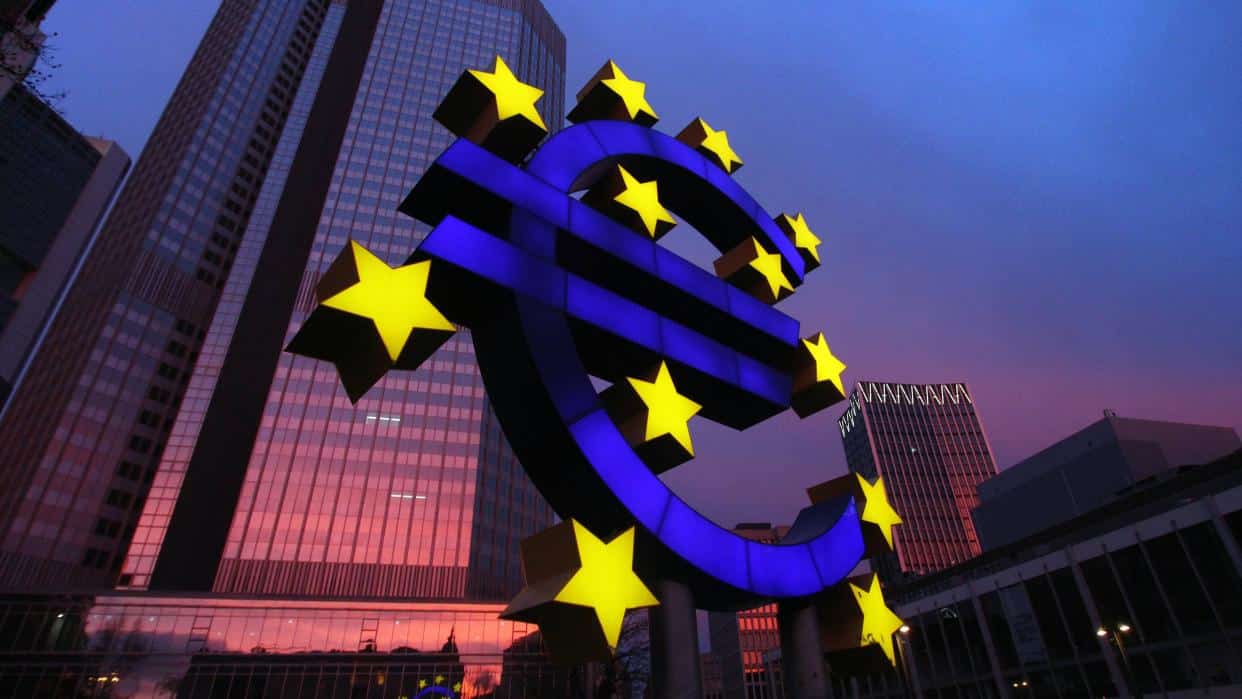The European Union (EU) is facing challenges that raise concerns about its competitiveness, according to Andreas Antoniades, Secretary-Director of the Nicosia Chamber of Commerce and Industry (Evel).
Antoniades points to a report by Mario Draghi, former president of the European Central Bank and former Prime Minister of Italy, which, he explained, highlights “structural weaknesses that hinder the bloc’s ability to compete with economic powerhouses such as the United States and China”.
“The EU has seen a widening GDP gap with the US,” Antoniades said, adding that in previous years, the bloc benefited from a favourable global environment, trade agreements, and security guarantees under the US umbrella.
“However, the global landscape has since shifted,” he said.
He also pointed out that Draghi’s report warns about a decline in global trade growth, increasing competition, and Europe’s abrupt loss of its primary energy supplier, Russia.
“The foundations on which we have now built are being shaken,” Antoniades quoted Draghi as saying.
Furthermore, he explained that the report underlines the need for investment in Europe to rise by approximately five percentage points of GDP to support digitisation, decarbonisation, and defence capability.
Comparatively, the Marshall Plan in 1948-51 provided additional investment of just 1-2 per cent of EU GDP.
“No European company with a market capitalisation exceeding €100 billion has been created from scratch in the last 50 years, while six US firms valued at over $1 trillion have emerged during this period,” Antoniades added.
He also said that EU businesses continue to face energy costs two to three times higher than in the US, with gas prices four to five times higher.
“This puts European firms at a serious disadvantage,” he stated.
To address these challenges, Antoniades explained that Draghi’s report highlights the need for Europe to bridge the innovation gap with the US and China, particularly in advanced sectors.
At the same time, it stresses the importance of balancing decarbonisation with competitiveness.
While reducing carbon emissions is vital for the planet, he warned that “an incoherent approach risks undermining Europe’s industrial base”.
“Decarbonisation must not lead to de-industrialisation,” he stated.
Furthermore, he noted that the report underscores the necessity of enhancing security and reducing dependency, as the EU remains highly reliant on external sources for digital products, infrastructure, and intellectual property.
He explained that the defence sector, meanwhile, remains fragmented, with twelve different types of battle tanks in operation across the bloc, whereas the US relies on just one model.
In response, he stated that the European Commission has introduced the EU Compass, aimed at regaining competitiveness through innovation, decarbonisation, and security.
As part of these efforts, he noted that the Clean Industry Deal was unveiled on February 28, 2025 to support industrial resilience while accelerating decarbonisation.
According to him, the plan includes initiatives to lower energy prices, create jobs, and foster business-friendly conditions.
The Clean Industry Deal, he explained, focuses on two key sectors.
Firstly, energy-intensive industries such as steel, metals, and chemicals, which require support to transition to cleaner energy while tackling high costs, global competition, and regulatory complexities.
Secondly, clean technology, which he described as essential for industrial transformation, circularity, and sustainable growth.
He added that further sector-specific action plans are expected, including measures for the automotive, steel, and chemical industries.
However, Antoniades argues that the EU’s response does not fully address the challenges identified in the Draghi report.
“The risk of recession and de-industrialisation is being downplayed in favour of promoting green policies,” he said.
He believes that “the glass is being presented as half full rather than half empty,” adding that the response lacks concrete measures to foster large-scale competitive businesses on the scale of foreign multinationals.
He also emphasised concerns over Europe’s ageing workforce, stating that “the EU is entering the first period in its modern history where growth will not be supported by population expansion”.
“By 2040, the workforce is projected to shrink by almost two million workers annually,” he added.
On security, Antoniades points out that the ReArm Europe initiative does not effectively tackle the fragmentation of resources and production capabilities, which weakens Europe’s ability to produce defence equipment on a large scale.
“If the EU manages to strengthen innovation, improve access to resources beyond circularity, and enhance internal solidarity, it can restore its position as a competitive and sustainable global player,” Antoniades concluded.






Click here to change your cookie preferences